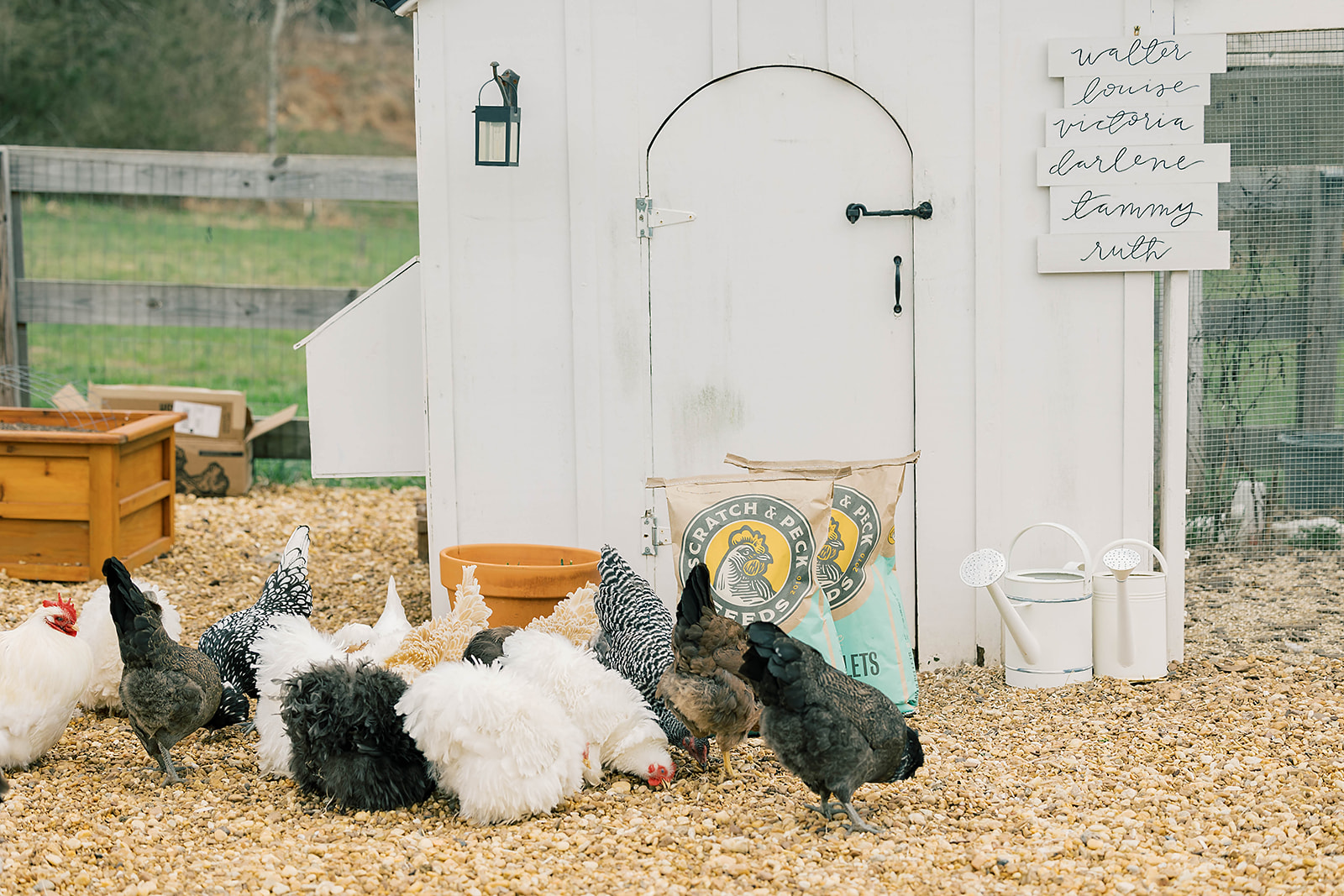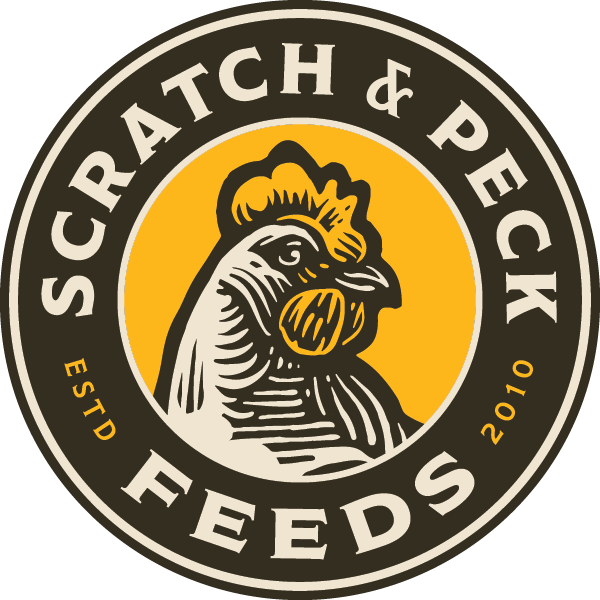

Scratch and Peck Feeds

Washington, United States
March 2017
Food products
Manufacturing
United States
Scratch and Peck Feeds' President and Founder, Diana Ambauen-Meade, started making her own chicken feed in 2009, because she couldn't find a high quality, organic whole grain feed in stores. Her first batch was made in a borrowed cement mixer she kept in her backyard. It didnÕt take long for like-minded folks to find out about her natural feeds and want to be able to care for their own animals in the same way. Diana was on her way to realizing her dream of making the best quality whole grain animal feeds with grains grown by local organic farmers. Fast forward to 2012, when Scratch and Peck Feeds became the first Non-GMO Project Verified animal feed manufacturer in North America, then stepped it up to become Certified Organic in 2013. They were the first feed manufacturer in the nation to hold both certifications. Leading the sustainable food movement by example is key to their mission. They envision a world where organic and whole foods are found on every table, organic agriculture is dominant, animals are humanely raised, and people understand that you are what your animals eat.
Overall B Impact Score
Governance 13.8
Governance evaluates a company's overall mission, engagement around its social/environmental impact, ethics, and transparency. This section also evaluates the ability of a company to protect their mission and formally consider stakeholders in decision making through their corporate structure (e.g. benefit corporation) or corporate governing documents.
What is this? A company with an Impact Business Model is intentionally designed to create a specific positive outcome for one of its stakeholders - such as workers, community, environment, or customers.
Workers 23.1
Workers evaluates a company’s contributions to its employees’ financial security, health & safety, wellness, career development, and engagement & satisfaction. In addition, this section recognizes business models designed to benefit workers, such as companies that are at least 40% owned by non-executive employees and those that have workforce development programs to support individuals with barriers to employment.
Community 15.8
Community evaluates a company’s engagement with and impact on the communities in which it operates, hires from, and sources from. Topics include diversity, equity & inclusion, economic impact, civic engagement, charitable giving, and supply chain management. In addition, this section recognizes business models that are designed to address specific community-oriented problems, such as poverty alleviation through fair trade sourcing or distribution via microenterprises, producer cooperative models, locally focused economic development, and formal charitable giving commitments.
Environment 28.9
Environment evaluates a company’s overall environmental management practices as well as its impact on the air, climate, water, land, and biodiversity. This includes the direct impact of a company’s operations and, when applicable its supply chain and distribution channels. This section also recognizes companies with environmentally innovative production processes and those that sell products or services that have a positive environmental impact. Some examples might include products and services that create renewable energy, reduce consumption or waste, conserve land or wildlife, provide less toxic alternatives to the market, or educate people about environmental problems.
What is this? A company with an Impact Business Model is intentionally designed to create a specific positive outcome for one of its stakeholders - such as workers, community, environment, or customers.
Customers 4.2
Customers evaluates a company’s stewardship of its customers through the quality of its products and services, ethical marketing, data privacy and security, and feedback channels. In addition, this section recognizes products or services that are designed to address a particular social problem for or through its customers, such as health or educational products, arts & media products, serving underserved customers/clients, and services that improve the social impact of other businesses or organizations.